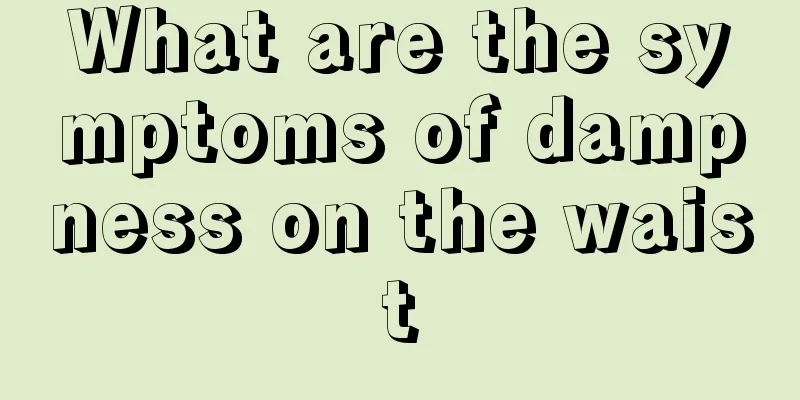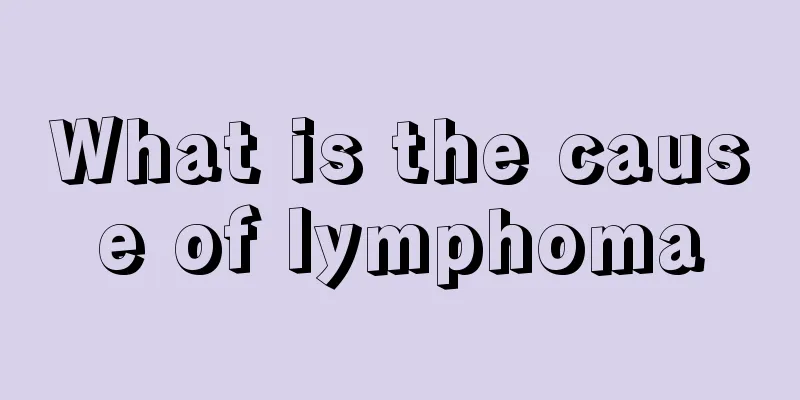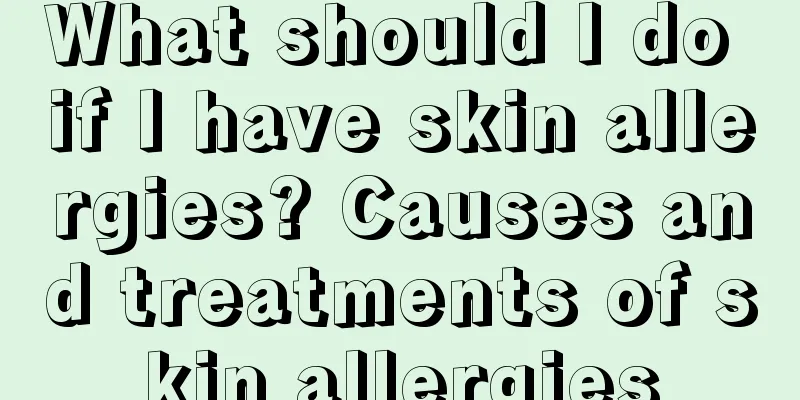Symptoms of sequelae of febrile convulsions

|
Febrile convulsions are a common disease among children. They mainly refer to convulsions caused by high body temperature when children have respiratory infections. Children may experience symptoms of limb convulsions, and severe cases may also lead to intracranial viral infection. If the treatment is not timely enough, it may cause serious sequelae and even affect the children's intelligence. Therefore, after the disease occurs, parents must treat their children in time. Severe convulsions can lead to chronic and intractable sequelae such as mental retardation, convulsions, epilepsy and mild brain dysfunction, which manifests as excitement, abnormal behavior, mood disorders, sensory abnormalities, language disorders and learning difficulties. However, febrile seizures are the most common form of epilepsy in children and have an overall good prognosis. The incidence of mental retardation is very low, but 5% of them develop epilepsy. Repeated convulsions or prolonged seizures may cause brain damage to children and affect their brain development, especially in children aged 1-4 years old. Therefore, pediatric convulsion symptoms must be controlled. There is no positive correlation between heat shock and body temperature. This child had a high fever and convulsions before, and the next time he has a fever or even a higher temperature, he does not seem to have more convulsions. Therefore, children with a history of heat shock are only likely to have a mild convulsion, and parents do not need to worry too much. If the symptoms of febrile convulsions last for more than 30 minutes, it will affect brain development, especially in children aged 1-4 years old. The brain is in a stage of continuous development and improvement, and convulsions are the greatest harm to the brain. 1. First of all, the problem of febrile convulsions should be given enough attention. Generally, it is because the child’s central temperature regulation system is not well developed, making high fever prone. If the body temperature exceeds 38.5 degrees, you should consider taking medication to reduce the temperature. After a febrile seizure, there will be a sudden loss of consciousness and foaming at the mouth. Sometimes the muscle spasms are severe. In severe cases, collapse and incontinence may occur, causing epilepsy. 2. Simple febrile convulsions will not cause sequelae, only complex ones will cause them. If the body temperature is lower than 38.5 degrees, you can use warm water baths or fever patches to lower the body temperature. If it is serious, consider using other methods to reduce the temperature, such as infusion and medication. 3. High fever convulsions should be taken seriously, especially for children aged 6 months to 4 or 5 years old. This problem is prone to occur. Family members should take good care of the child and pay attention to the child's physical manifestations and changes. If a problem occurs, seek medical attention as soon as possible without delay. |
>>: Is constipation caused by kidney yin deficiency or yang deficiency
Recommend
What to do if there is blood under the skin
Subcutaneous congestion is caused by the damage a...
Can drinking soy milk every day remove spots?
It is human nature to love beauty, so it is very ...
How much water is normal for a four-month-old baby to drink?
When the baby reaches four months old, it is time...
Can the blood of rectal cancer be transmitted if it comes into contact with the hands
Cancer is caused by cell malignancy and is a cell...
How to make red summer pole
Dried sweet potatoes are actually a common practi...
How to ovulate
The newlyweds are living a sweet life, planning t...
Causes of pain in the inner shoulder
The cause of pain on the inner side of the should...
The four periods when women are most likely to develop spots. The appearance of spots is not accidental
Adolescent girls are prone to "post-inflamma...
What is the correct way to do prenatal education?
With the development of society, the level of edu...
How to pathologically grade prostate cancer
The grading of prostate cancer is a very importan...
Is skin cancer hereditary?
Is skin cancer hereditary? Skin cancer is very co...
How to prevent prostate cancer? Mastering these 6 tips can effectively resist prostate cancer invasion
Prostate cancer is a very common disease in life....
What should I do if my hands itch after cutting taro
Everyone loves to eat taro, but cutting taro will...
Spatial phobia
Humans are very complex creatures. Compared with ...
How to treat liver metastasis of colon cancer
With the progress of the times, people's livi...









